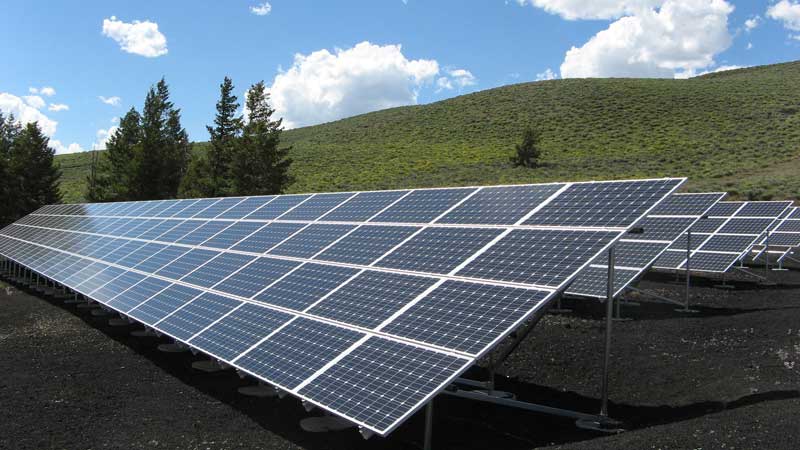
403
Sorry!!
Error! We're sorry, but the page you were looking for doesn't exist.
Jordan exempts renewable energy inputs from taxes to improve sector development
(MENAFN) The Jordanian government has recently announced a significant policy change that will exempt inputs used in renewable energy systems from taxes and customs duties. This move is part of a broader effort to enhance the country's focus on sustainable energy solutions and promote the growth of the renewable energy sector. By eliminating these financial barriers, the government aims to make renewable energy projects more economically viable and encourage increased investment in this crucial field.
Economists anticipate that this policy will have several positive effects over the long term. One major benefit is the potential for fostering the localization of industries related to renewable energy. By reducing the cost of importing necessary components and technologies, Jordan hopes to stimulate the development of domestic industries that can produce these inputs locally. This shift could lead to the creation of new jobs, the growth of local businesses, and an overall strengthening of the national economy.
Furthermore, the removal of taxes and customs duties on renewable energy system inputs is expected to accelerate the adoption of clean energy technologies. As costs decrease and access to necessary components improves, both businesses and individuals will be more likely to invest in and implement renewable energy solutions. This increased adoption will contribute to Jordan's long-term sustainability goals and help the country achieve its environmental targets while enhancing energy security and reducing reliance on imported fossil fuels.
Economists anticipate that this policy will have several positive effects over the long term. One major benefit is the potential for fostering the localization of industries related to renewable energy. By reducing the cost of importing necessary components and technologies, Jordan hopes to stimulate the development of domestic industries that can produce these inputs locally. This shift could lead to the creation of new jobs, the growth of local businesses, and an overall strengthening of the national economy.
Furthermore, the removal of taxes and customs duties on renewable energy system inputs is expected to accelerate the adoption of clean energy technologies. As costs decrease and access to necessary components improves, both businesses and individuals will be more likely to invest in and implement renewable energy solutions. This increased adoption will contribute to Jordan's long-term sustainability goals and help the country achieve its environmental targets while enhancing energy security and reducing reliance on imported fossil fuels.

Legal Disclaimer:
MENAFN provides the
information “as is” without warranty of any kind. We do not accept
any responsibility or liability for the accuracy, content, images,
videos, licenses, completeness, legality, or reliability of the information
contained in this article. If you have any complaints or copyright
issues related to this article, kindly contact the provider above.


















Comments
No comment